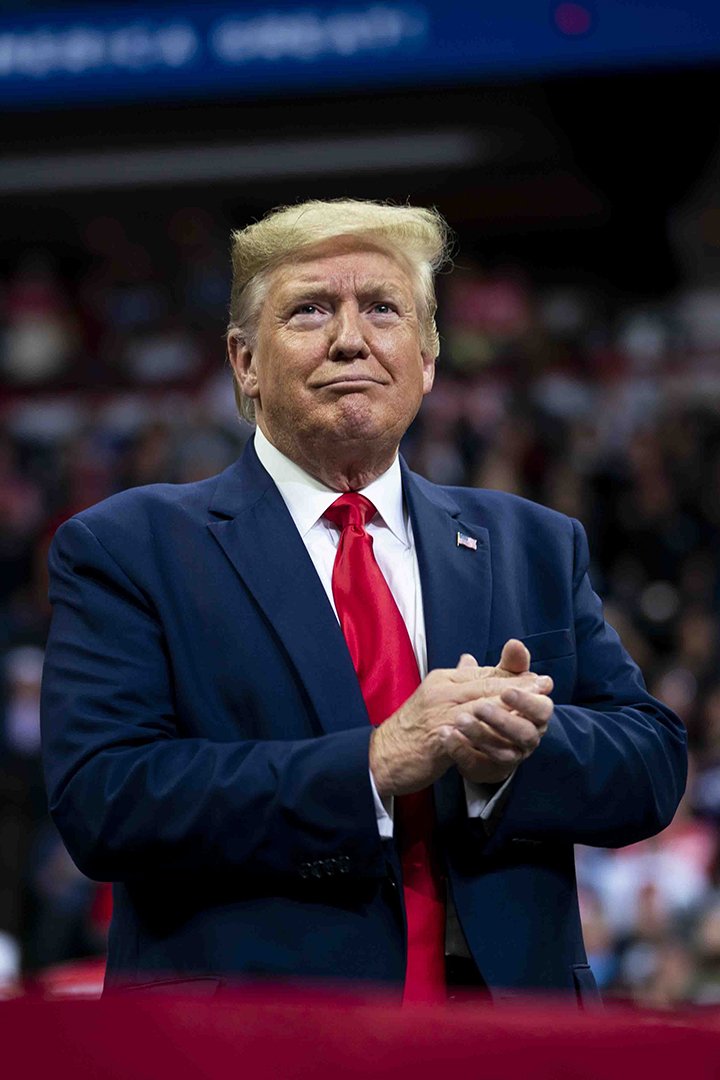
China’s Growing Influence Raises Alarm Amid Taiwan Snub and AI Chip Concessions
As U.S.-China trade talks continue, recent developments have reignited concerns about China’s growing influence over key American interests—particularly in technology, national security, and foreign policy.
Last week, Taiwan’s President Lai Ching-te was reportedly denied a routine stopover in New York on his way to Latin America, a move that some analysts attribute to pressure from Beijing. While the U.S. maintains unofficial ties with Taiwan, this reversal signals the increasing complexity of navigating cross-Strait relations under China's scrutiny.
Meanwhile, the U.S. government recently lifted a restriction on Nvidia’s lower-powered H20 chips, allowing them to be sold to China for AI development. Although these chips are not the most advanced, their use in artificial intelligence could still strengthen China’s tech capabilities, including in military and surveillance applications.
China’s long-term ambitions in AI and global tech leadership are well-documented. Allowing chip exports—even of less powerful models—risks accelerating China’s rise in strategic technologies. Analysts caution that such developments could erode America’s competitive edge and further enable authoritarian digital control systems abroad.
These events come as the U.S. and China wrap up a high-level round of trade talks ahead of an August 12 tariff deadline. Some experts have expressed concern that trade negotiations could inadvertently lead to symbolic compromises that benefit China without tangible gains for the U.S.
China’s strategy has been clear: leverage economic dependencies to extract political and technological concessions. In return, Beijing continues to expand its influence, not just economically, but through military modernization, cyber capabilities, and aggressive moves in the Indo-Pacific.
While maintaining diplomatic flexibility is important, national security must remain a top priority. China has consistently demonstrated a willingness to exploit open systems and free economies to advance its geopolitical agenda. From AI chips to rare earth minerals, the stakes go beyond trade—they shape the future balance of power.
This moment is a reminder that vigilance is essential. Ensuring that technological leadership, democratic values, and military readiness are preserved should be the cornerstone of any long-term U.S. strategy in the face of rising authoritarian influence.